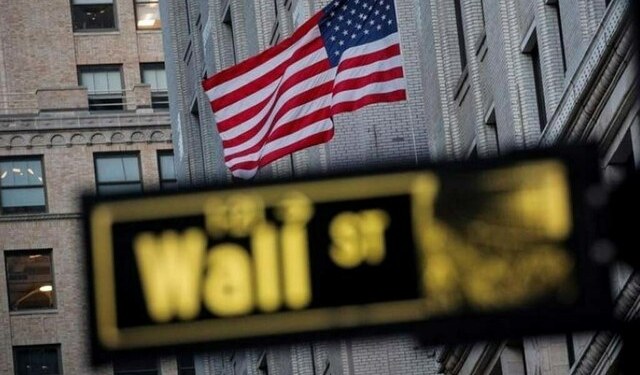 © Reuters. A Greek national flag flutters on the roof of a building in Athens
© Reuters. A Greek national flag flutters on the roof of a building in AthensATHENS (Reuters) – Greece on Wednesday moved to ease capital restrictions imposed since the summer of 2015, raising the monthly limit of cash that can be withdrawn from bank accounts by 28 percent.
Athens first imposed capital controls in July 2015 to stem a flight of cash from its banks at the height of a debt crisis that led to its third financial bailout since 2010.
The leftist-led government was then clashing with official lenders in a push against austerity and nearly crashed Greece out of the euro zone.
Capital controls have since been gradually loosened.
Based on a finance ministry decree published in the government’s gazette, individuals will be allowed to withdraw lump sums of up to 2,300 euros in cash per month from bank accounts from 1,800 euros currently, effective from March 1.
The decree also increased the amount of euros or other currency banknotes that individuals can take abroad per trip to 2,300 euros from 2,000.
It allows banks to accept client orders to transfer money abroad of up to 2,000 euros every two months.
“The decision is one more step in the framework of the roadmap for the gradual lifting of restrictions on cash withdrawals and the transfer of money,” the finance ministry said.
Greece’s current bailout expires in August.
In May last year Greek authorities outlined a roadmap for the gradual lifting of capital controls, with their plan contingent on several factors, including restored access to money markets.
Authorities have said that for a full lifting they would need to see growing confidence among depositors, reflected by an increase in private sector bank deposits, and continued progress with the country’s economic adjustment program.
Access to financial markets for both the government and the country’s banks would have to be restored as well.
Fusion Media or anyone involved with Fusion Media will not accept any liability for loss or damage as a result of reliance on the information including data, quotes, charts and buy/sell signals contained within this website. Please be fully informed regarding the risks and costs associated with trading the financial markets, it is one of the riskiest investment forms possible.
Source: Investing.com




























